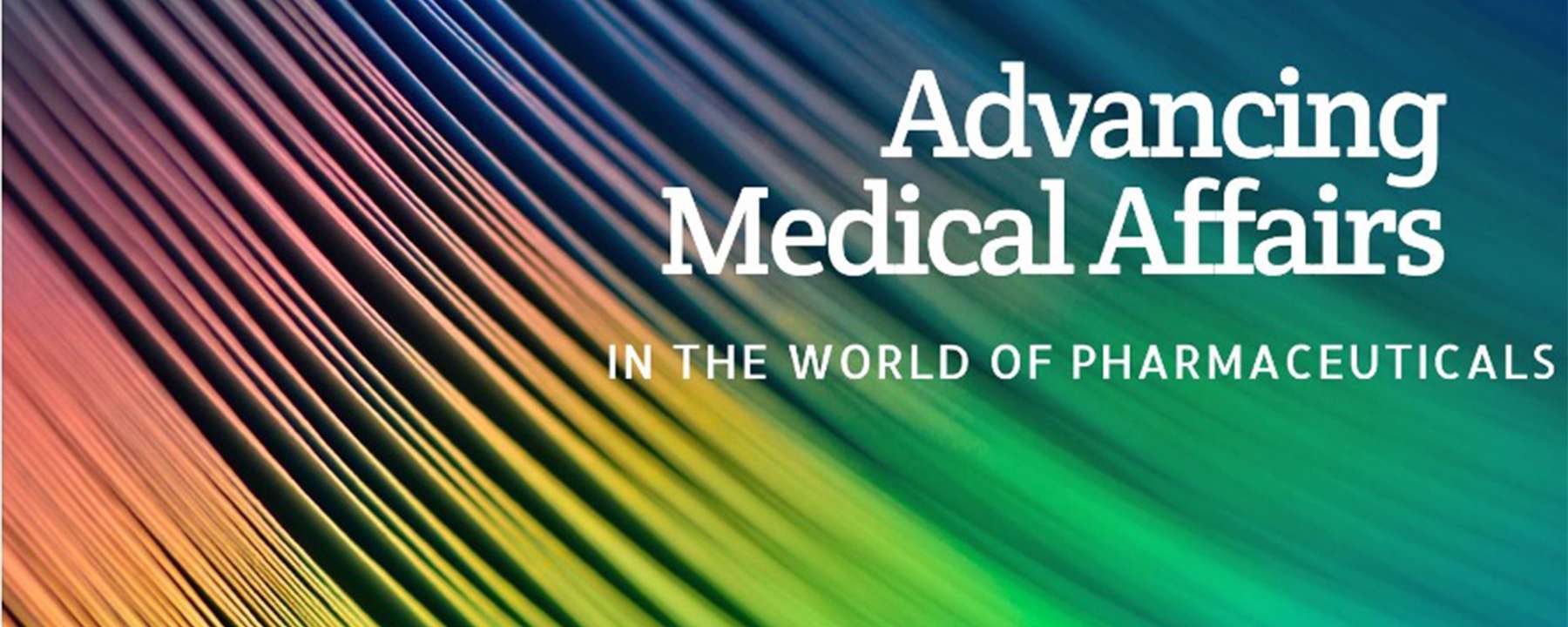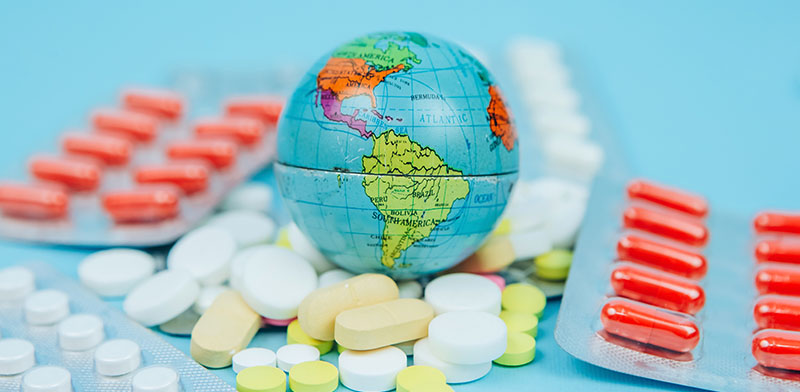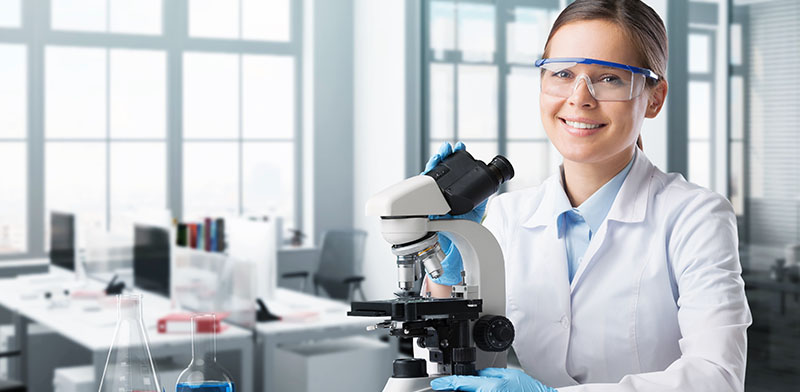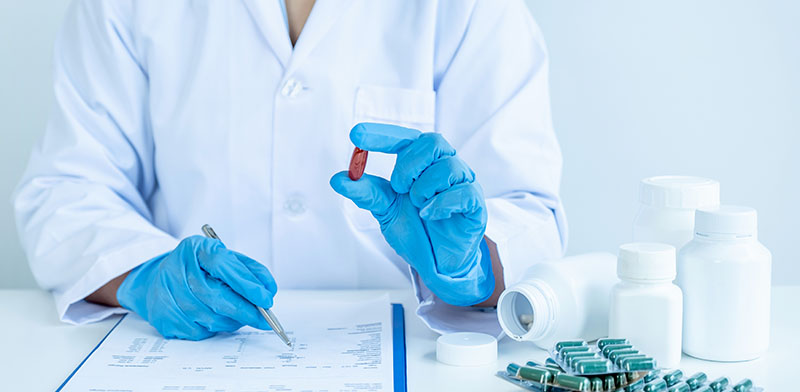
A Comprehensive Guide: Unveiling the Role of Medical Affairs in Modern Healthcare (part III)
Advancing Medical Affairs in the world of Pharmaceuticals
In the fast-paced world of the pharmaceutical industry, where innovation and safety are imperatives, the Medical Affairs department plays an essential role in the creation, development, and regulation of drugs. From the conception of a new molecule to its arrival in the market, this multidisciplinary team performs a series of crucial functions that ensure the effectiveness, safety, and regulatory compliance of pharmaceutical products.

Role in the Drug Development Process
The drug development process is complex and requires meticulous coordination among various scientific and regulatory disciplines. In this equation, the Medical Affairs department acts as a bridge between clinical research and the commercial aspects of a pharmaceutical company. From the initial stages of research and development to clinical trials and marketing, Medical Affairs professionals play a key role in:
- Scientific Advisory: They provide scientific information and guidance to both internal teams and external researchers involved in clinical trials. This includes reviewing study protocols, interpreting clinical data, and advising on potential therapeutic applications.
- Evidence Generation: They collaborate in planning and executing clinical studies to generate the necessary evidence supporting the safety and efficacy of pharmaceutical products. This involves designing research strategies, recruiting investigators and patients, as well as analyzing and communicating results.
- Medical Education: They develop continuous medical education programs for healthcare professionals to keep them updated on the latest advances in medicine and available therapies. This may include organizing conferences, seminars, and creating educational materials.

Regulatory Compliance and Pharmacovigilance
Patient safety is a top priority in the pharmaceutical industry, and the Medical Affairs department plays a crucial role in ensuring compliance with regulations and continuous monitoring of drug safety. Their responsibilities include:
- Regulations: Ensuring that all aspects of drug development and marketing comply with local and international regulations. This involves staying up-to-date with regulatory requirements and working closely with the company's legal and compliance departments.
- Pharmacovigilance: Actively monitoring the safety of pharmaceutical products once they are on the market. This includes collecting, evaluating, and reporting adverse events, as well as implementing measures to minimize risks and ensure the safe use of drugs.
- Risk Communication: Transparently and effectively communicating any relevant information about the safety of a drug to healthcare professionals, patients, and regulatory authorities. This includes developing educational material, participating in safety committees, and collaborating in the development of labels and informational leaflets.

In summary, the Medical Affairs department plays an indispensable role in the pharmaceutical industry, both in the development of new drugs and in ensuring their safety and regulatory compliance. Their rigorous scientific approach and commitment to public health are critical to the success and trust in modern pharmaceutical therapy.
At Pro Pharma Research Organization we specialize in Medical Affairs services, including medical information services, support in regulatory affairs, management of KOL advisory boards, among others. Contact us to access more information and discover how we can help your company.
Fecha de publicación: Abril 2024
Autor: Equipo Pro Pharma Research Organization